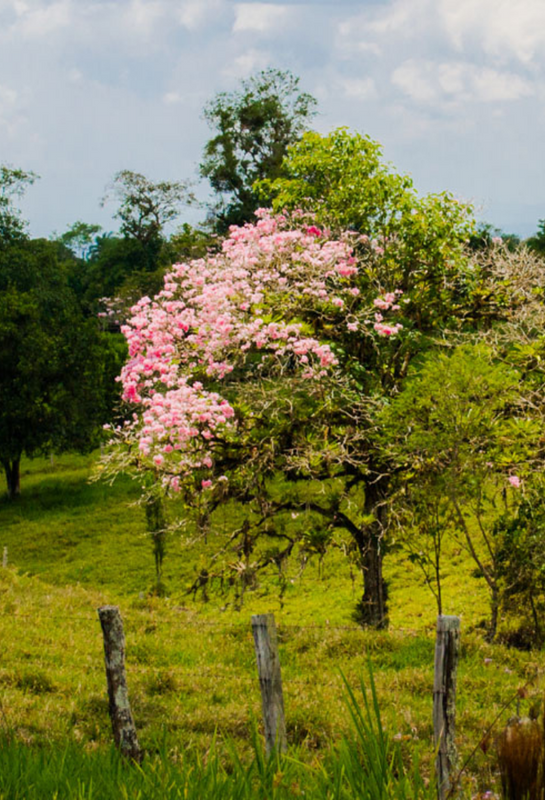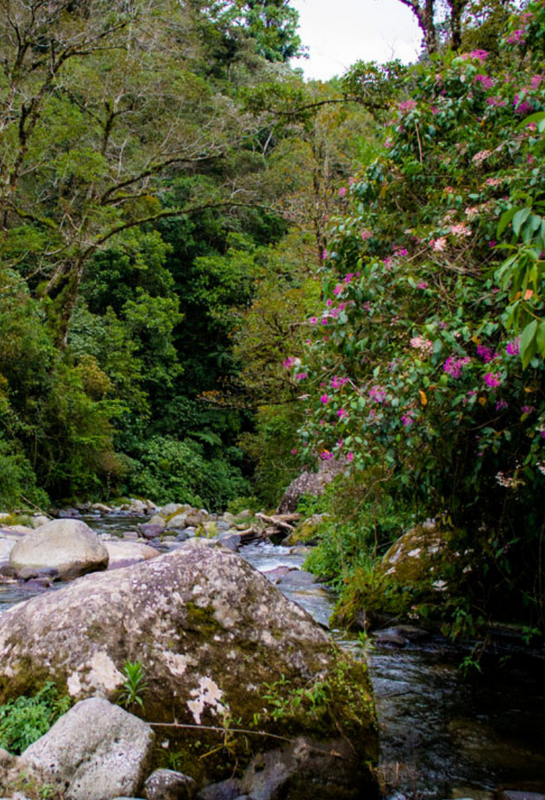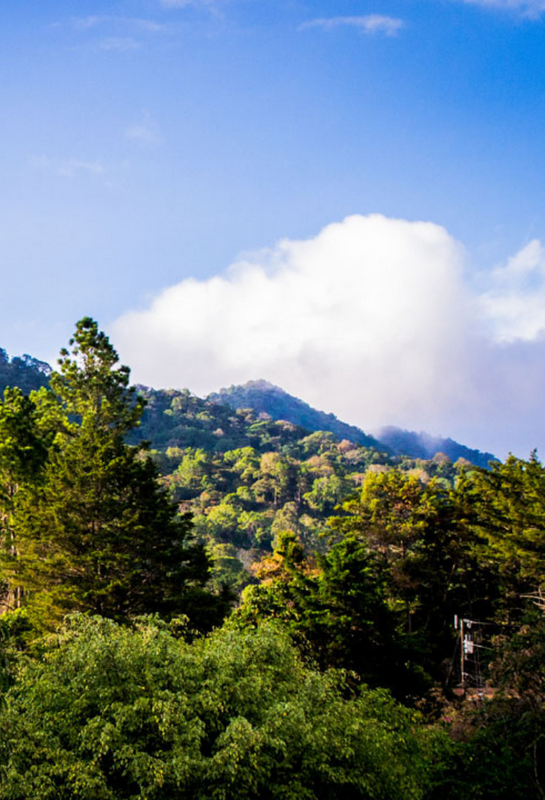
Origin
Panama
Region
Volcan-Boquete
Varieties
Geisha
Processing
Carbonic Maceration
Crop Year
2021
Altitude
1900m.a.s.l.
Roast level
1 out of 6
Flavour Notes
Notes of jam, red fruit, nectarines and toffee with a juicy, syrupy body, and a long lingering aftertaste.
Roaster
Stronghold S7
Batch Size
250 - 750g
Coffee production in Panama has a long and rich history dating back to the late 19th century. The first coffee plants were introduced to Panama in the 1850s by Spanish immigrants and quickly became a significant part of the country's agriculture industry.
In the early 20th century, Panama experienced a boom in coffee production, with many large coffee estates being established in the Chiriqui province. This region became known for its high-quality coffee, and by the 1930s, Panama was exporting large quantities of coffee to Europe and North America.
However, in the mid-20th century, coffee production in Panama suffered a decline due to a combination of factors, including the loss of land to other crops, the spread of diseases, and a lack of investment in coffee production. As a result, coffee production declined dramatically, and by the 1980s, it was no longer a significant part of the country's economy.
In recent years, there has been a resurgence of coffee production in Panama, driven in part by the increasing demand for high-quality specialty coffees. This has led to the development of new coffee varieties, such as the famous Geisha coffee, and the growth of small-scale coffee farming communities.
Today, Panama is once again a significant producer of coffee, with a thriving specialty coffee industry that exports high-quality coffee to coffee lovers around the world. The country's coffee industry continues to grow and evolve, and is an important part of Panama's economy and cultural heritage.

FINCA DEBORAH
Finca Deborah is shrouded in rainforest cloud coverage for much of the year. The plantation is a beautiful, natural environment where rare species of plants and animals are abundant, left undisturbed under the canopy. No gas powered machines, harsh chemical pesticides or herbicides are used during the cultivation of the farm. Natural, organic fertilizers are used in combination with organic weed control to maintain a balance between the coffee trees and unwanted undergrowth.
Because of Finca Deborah’s lofty altitude, diseases are naturally kept to a minimum. Temperature alone makes for an inhospitable place for fungal issues and other unwanted diseases. This allows the coffee trees to focus on producing beautiful fruit instead of wasting valuable energy defending themselves from disease. Insect concerns are also minimized due to the elevation. These positive benefits are felt administratively as well and translate into lower costs and reduced production volatility.

The extreme elevation and reduced temperature slows the metabolism of the trees. These cold temperatures, reaching 10 C, permit the trees to push more sugars into the cherries during production. Additionally, Deborah has ideal rainfall averaging 2200 mm per year. Combined, these two important variables contribute greatly to Deborah’s intensely sweet and complex cup profile. It is an extraordinary environment for growing any variety of coffee, but here one of the world’s most complicated varieties of coffee, Geisha, not only grows successfully but also thrives.

VOLCAN-BOQUETE
The Panamanian coffee industry is centered in the Chiriquí province of Panama’s northern highlands and is concentrated in the areas of Boquete, Volcán, and Renacimiento. Also called the Valley of Flowers and Eternal Spring, these areas are perched on the sides of the Baru Volcano and overlook the beautiful Caldera River. It is in these idyllic locales that the truly distinct and unique coffees are produced. The highlands are blessed with volcanic enriched soil, abundant moisture, regular rainfall, dense vegetation, and cloud cover to nourish the coffee trees, which in turn produce high grade beans with rich flavor. The many different microclimates also assist in producing coffee beans with a great variety of taste characteristics.






